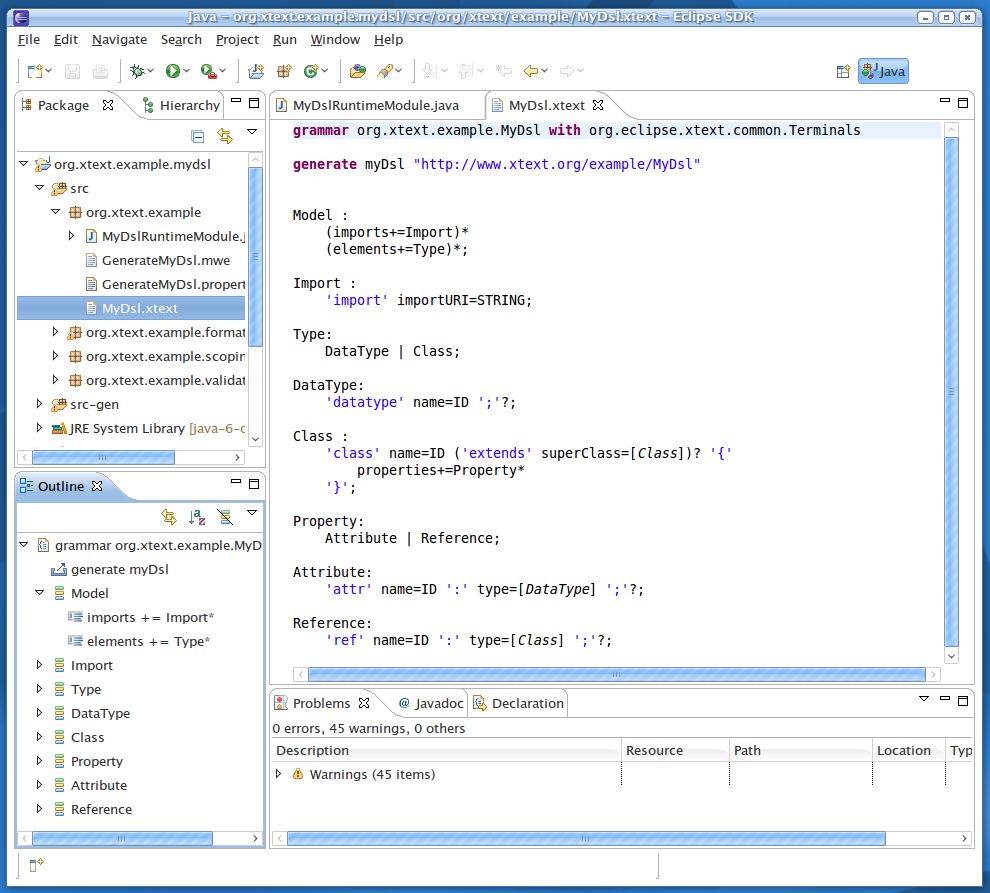
The Eclipse project's annual release extravaganza is occurring today. A multitude of projects that are part of the Eclipse ecosystem's coordinated release cycle are rolling out new versions as part of the combined launch of Galileo, the latest version of the Eclipse platform.
The Eclipse integrated development environment (IDE) is at the center of a growing universe of tooling projects that are transforming the way that software is written. The open source IDE is highly modular and can be adapted to fulfill almost any need. It serves as the underlying foundation for a multitude of third-party development toolkits—including many that are commercial—and it has rapidly ascended to dominance in the mobile Java market.
Version 3.5 of the Eclipse IDE will be made available along with 33 other open source Eclipse-based projects that represent code contributions from 44 separate companies. The total code base is estimated at over 24 million lines. The simultaneous release of all of these components is an impressive feat.
"The release train continues to be a great achievement of the Eclipse community," said Eclipse Foundation executive director Mike Milinkovich, in a statement. "Galileo demonstrates that large distributed software development can be done on a predictable schedule. This predictability makes it possible for our user and adopter community to quickly adopt new releases from Eclipse."
Eclipse has gained some nifty new features, including a new editing component that can handle Wiki syntax, improvements to OSGi support and the p2 provisioning system, and a memory analysis tool for profiling and tracking down leaks. Galileo also introduces native Cocoa support for Mac OS X users. The Cocoa porting effort, which we covered last year, was led by Scott Kovatch of Adobe.
One of the most compelling additions in Galileo is Xtext, a new component that allows developers to build domain specific languages (DSL), custom syntaxes that have specialized task-oriented behaviors. Xtext takes a grammar definition and generates parsers so that developers can build little languages with minimal effort. The most impressive feature of Xtext is that it can also generate Eclipse tooling support for the custom language, including error warnings, code completion, syntax highlighting, and outline panel support. It's a remarkably well-integrated solution for jump-starting language development.
For an overview of some other new capabilities, we highly recommend reading EclipseSource engineer Ian Bull's recent series of blog entries about Galileo. The Java 2 JavaScript bridge in the SWT browser widget is really slick, and he has a nice introduction with sample source code.
We tested the Eclipse Galileo release candidate on a desktop computer with Ubuntu 9.04. The environment still suffers from its signature slow startup time and high memory overhead, but it offers a top-notch development solution with a flexible interface and lots of features. Our experience with Galileo was relatively smooth and we enjoyed playing with Xtext.
The release is another step forward for the Eclipse community and it demonstrates that they can manage a strong coordinated release even as the ecosystem's rapid growth adds new member projects. The software is available for download from the project's website.
Listing image by Michiel Jelijs
reader comments
19